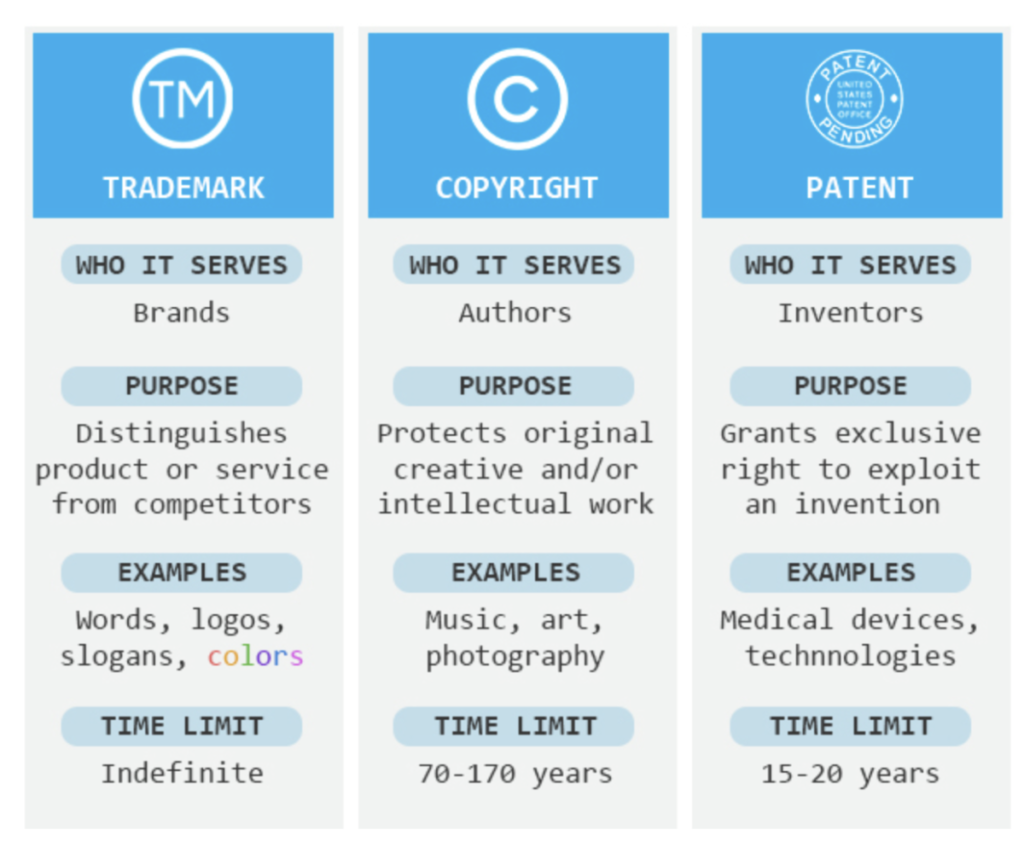Contents
Lecture
Design Assets
Specifically:
Style sheets are a catalog of the assets in a project. While at most design firms and agencies these assets are hard-wired by IT on the direction of the creative directors to avoid any errors, it’s a good idea to make a style sheet of every project as reference.
They contain logo usage, fonts, colors, and often the grid and page layouts. The use of a design style guide (another expression for Style Sheet) provides uniformity in the application of graphic elements and the formatting of materials.
Text hierarchies
Text assets are the different types of text whose treatment falls under text hierarchies. Headlines, sub-headlines, captions, folios, pull quotes. All have to be designed and have a designated style that must be maintained throughout the project.
Color guides are often included in the style sheets with their process and hex values to retain accuracy. For your purposes, making a grid of colors in various transparencies and their interaction with black provides you with knowledge of how colors interact, both onscreen and in print.
Graphic elements are (usually) vector graphics that appear in the project, such as a logo, icon or webding. Graphics like shopping carts, gears, social media logos are examples.
Image assets are photos or digital illustrations. For screen, they are small, in RGB format and 72 dpi. For print, they carry a resolution of 300 dpi, are either greyscale or CMYK and are to the actual size they will appear on the final printed piece.
Technical
- Review the proper specification vocabulary: Headlines, paragraphs, BF, Ital, etc.
Preparation
- With the grid you designed, organize your assets on your style sheet.
- Look at the following links which show style sheets. Some design firms specialize just in designing style sheets.
- https://venngage.com/blog/brand-style-guide/
- https://laurabusche.com/visual-branding/brand-style-guide-examples/
Session 1
- Set up a document for your poster with designated layers for text, color block, graphics, etc. Begin to design the poster according to the stylesheet you assembled.
Homework
- Finish two treatments of the poster, resulting in three tight design sketches.
Session 2
- Critique of posters.
Homework
- Taking the advice from the critiques, modify poster design.
Resources
See how strongly companies identify with their color branding: https://digitalsynopsis.com/design/trademarked-colors/
and





Recent Comments